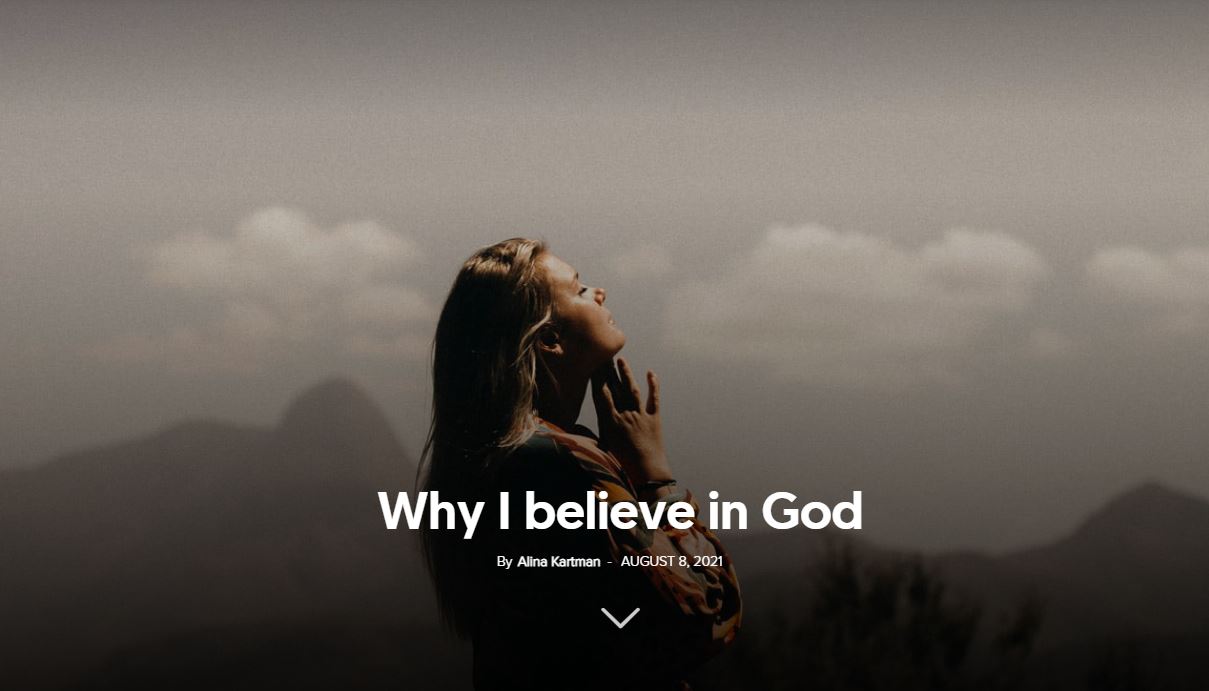In the maximalist search for evidence that can justify our belief and, at the same time, help us defend our reputation, something is lost: the very concept of faith.
Faith, in its purest sense, is a state of mind in which trust is placed in someone or something, in the absence of sufficient evidence (otherwise it would turn the exercise into a mere acknowledgment of evidence) and, sometimes, in the absence of any evidence altogether. In this sense, religious faith is built inside a relational context, never a strictly rational or empirical one. By its nature, faith denies us the opportunity to have ultimate evidence.
Therefore, certain discussions about faith with those who have great doubts or do not believe at all are dead ends, since those participating in the dialogue are working with different categories and definitions. Nevertheless, though bounded by the relationship and by the principles that govern that relationship, faith must always remain rational. Faith cannot be inconsistent, contradictory, or circumstantial. Like trust in one’s family, faith will manifest in a predictable and noble manner. In light of this definition, doubt becomes synonymous with someone breaching his loyalty towards God, or with man suspecting that God has breached His loyalty towards him. This kind of doubt is not a forerunner of unbelief, it is unbelief itself. This understanding helps explain the biblical passages that take a stand against doubt.
Faith, as an act of placing one’s trust in God, must not be overwhelmed by doubt. Of course, in practice, we are often not able to do this, and that is why we appreciate God’s forgiveness even more. The de facto reality, however, cannot question the standard: full trust as a fundamental principle—the organizer of the relationship between us and God. At the same time, our faith, specifically our religious beliefs, may contain inherited or acquired misunderstandings. From this perspective, the presence of doubt is not only natural, but also necessary in the believer’s spiritual growth.
Such doubts are defined as uncertainties that require recurrent evaluation, explanation, and defence. We must treat them with patience and wisdom, but especially with attention and openness. It’s only natural for things to be this way. In any healthy relationship, questions and settlements have their place, as the partners’ knowledge of each other remains, in a way, incomplete throughout life. At the same time, trust is the sacred foundation of the relationship, the thing that guarantees its resilience and solidity. As long as trust is intact, uncertainties are just opportunities to develop the beneficial complexity of the relationship.
Norel Iacob is the editor-in-chief of ST.network and The Signs of the Times Romania.
You may also like:




















